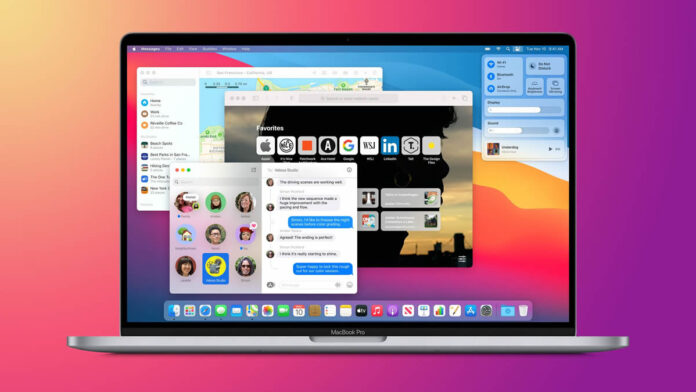Users within the Apple ecosystem are used to lengthy software support on their devices ranging from iPhones, Apple TV’s, Apple Watches and even Macs. Sometimes having the most recent version of Apple software can be a good thing – I can’t emphasize just how much my good-old iPhone SE bought way back in 2016 when released feels rejuvenated with the recent iOS 14 update. But at the same time, we all know that newer software often doesn’t play nice with outdated hardware and this seems to be the case with Apple’s MacOS Big Sur on machines released as early as 2013.
Reports from Mac users on various platforms such as reddit and twitter are pointing to a myriad of experiences on the latest version of MacOS, with users on newer Apple hardware mostly reporting a better experience while those on older hardware facing a ton of issues. It’s not a new phenomenon when it comes to new software to have issues, especially one that hasn’t been thoroughly tested for possible bugs. And as we dive deeper into the MacOS Big Sur since it was released and adoption increases, users on Apple support forum as well as on twitter are reporting their devices to have been rendered unresponsive with a black screen after installation.
The black screen issues seem to be prevalent on MacBook models unveiled in late 2013 as well as mid 2014 MacBook Pro’s. From various reports, users are faced with a black screen during or after the update period. Notably, the keyboard doesn’t light up either, and there’s currently no known quick fix on the issue.
According to MacRumors, all attempts on known troubleshooting efforts such as resetting NVRAM and SMC resets, entering safe mode, and internet recovery are futile. But Apple seems to be aware of the issue at least according to one user on Apple’s support forum.
Further analysis points the issue to the IC chip on the HDMI port. Some users have reported positive feedback after unplugging/replacing the I/O board of the machine, which of course goes without saying you’d be on your own. Since most of the affected Macs are probably out of warranty, it remains unclear what would be Apple’s response, but for now we can only hope and wait.
And as is the case with newer software, we can only advise those who are yet to upgrade to wait a little longer, at least until they are positive their devices won’t face issues during the upgrade. Apple has been quick in resolving issues or bugs in their software and we can’t expect anything less in this instance.

